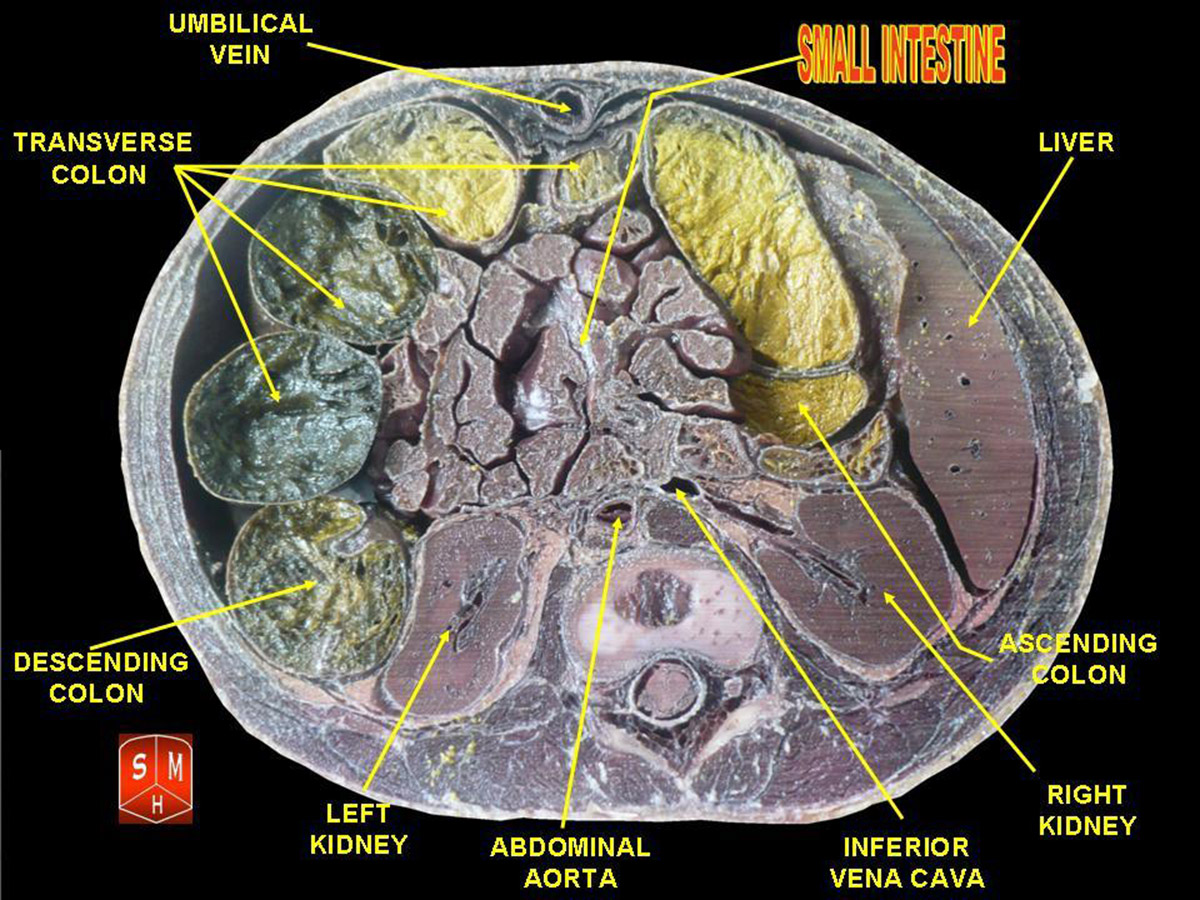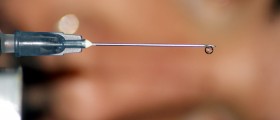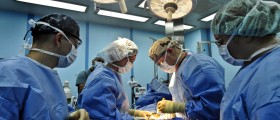
Small Intestine
Small intestine is a part of the digestive tracts and it consists of duodenum, jejunum and ileum. Average length of small intestine is 5 meters. It starts from the stomach and is followed by large intestine. The primary function of small intestine is digestion of food and absorption of nutrients, vitamins and mineral. There is a variety of small intestine diseases. Some of them are mild and some can be life-threatening if not treated on time.
Common Diseases of Small Intestine
Celiac disease is on of the leading diseases of small intestines. It features with damage of the mucous membrane which consequently interferes in digestion and absorption of food. The cause of celiac disease is intolerance to gluten, a substance which can be found in different foods especially in wheat and barley. The damage due to celiac disease may be prevented if intolerance to gluten is identified on time and if a patient avoids food rich in this substance.
Inflammation of small intestine called enteritis can be caused by viruses, bacteria or parasites. This is another common disease of small intestine. The damage to the small intestine is in this case only temporary and reversible and the symptoms and signs usually withdraw after proper therapy.
Tumors are additional disease which can affect small intestine. In majority of cases benign tumors affect small intestine. However, in some patients even malignant tumors may occur and they include adnocarcinoma, lymphoma, gastrointestinal stromal tumor, sarcomas, and carcinoid tumors.
Inflammatory diseases such as ulcerative colitis and Crohn's disease commonly develop in large intestine but they can affect small intestine as well. These two medical conditions lead to inflammation of intestinal mucous membrane and its damage.
Diverticulas are another possible medical condition of small intestine. Diverticulosis features with small pouches in the lining of the small intestine.
Duodenum is the first part of the small intestine. It can be and usually is affected by peptic ulcers.
Small intestine may be also affected by strangulation or volvulus. In some cases intestinal infarction occurs. This medical condition is cased by the cut in the blood supple.
And finally, another medical condition of small intestine is hernia. Umbilical or inguinal hernia may contain small intestine and they are caused by weakness of abdominal muscles and increase of intraabdominal pressure.
The treatment of all intestinal diseases includes changes in dietary regimes, certain medications and in some cases surgery. This basically depends on the disease. All small intestine diseases need to be taken seriously and if left untreated can cause serious damage or even lead to severe complications.
















Your thoughts on this
Loading...